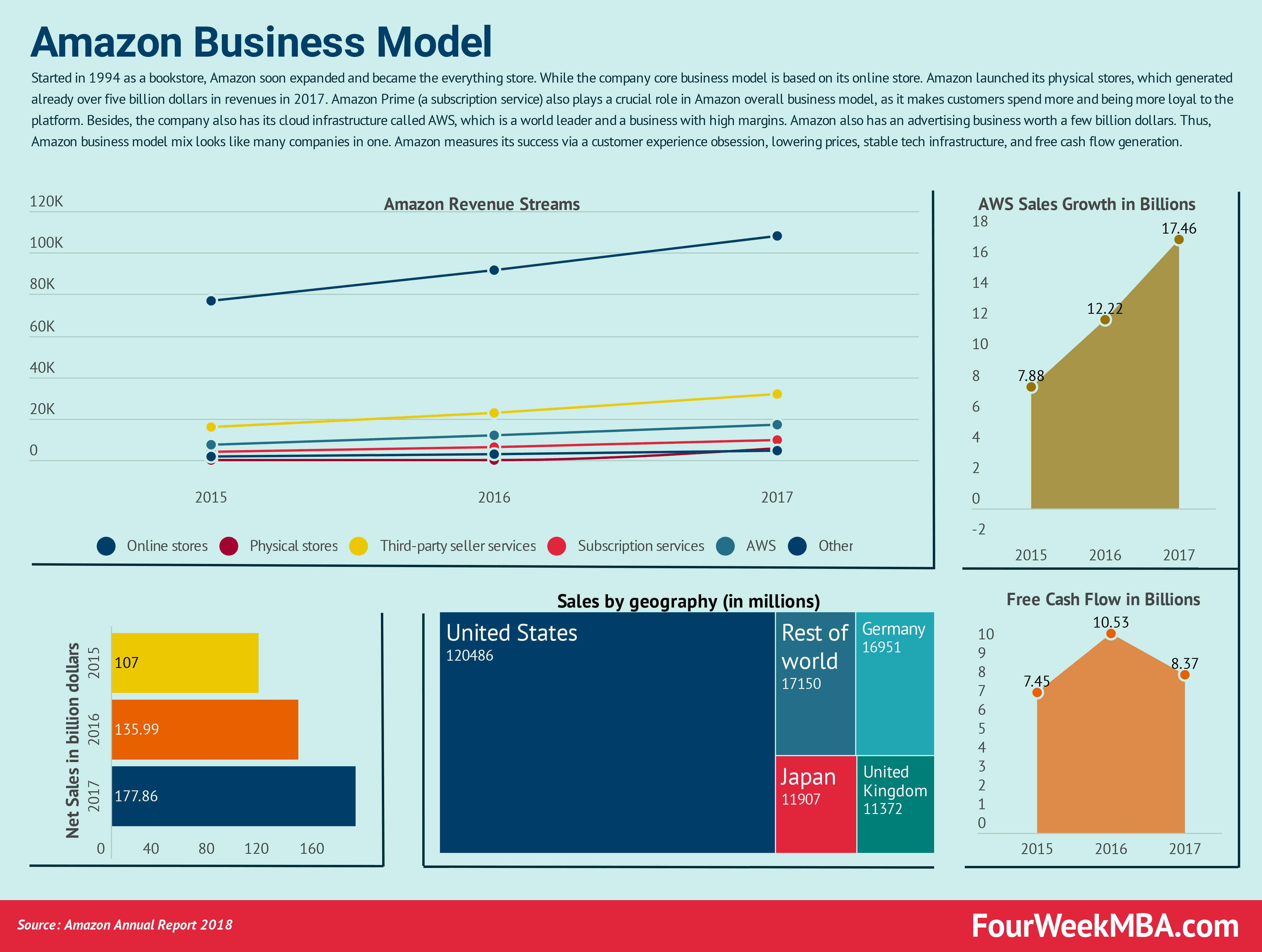
Contents
- 1 Unlocking the Power of Data: The Importance of a Business Intelligence Reporting Strategy
- 1.1 Streamlining Data Analysis and Reporting
- 1.2 Identifying Trends and Patterns
- 1.3 Improving Decision-Making
- 1.4 Enhancing Operational Efficiency
- 1.5 Increasing Customer Satisfaction
- 1.6 Monitoring Key Performance Indicators (KPIs)
- 1.7 Adapting to Market Changes
- 1.8 Ensuring Data Security and Compliance
- 1.9 Continuous Improvement and Optimization
Unlocking the Power of Data: The Importance of a Business Intelligence Reporting Strategy
In today’s data-driven world, businesses are constantly collecting a vast amount of information. However, without an effective strategy in place, this data remains untapped potential. This is where a business intelligence reporting strategy comes into play. By implementing a well-defined and comprehensive reporting strategy, businesses can not only make sense of their data but also gain valuable insights that can drive informed decision-making and ultimately, business growth.
Streamlining Data Analysis and Reporting
One of the main benefits of a business intelligence reporting strategy is its ability to streamline data analysis and reporting. With the right tools and processes in place, businesses can automate the collection and analysis of data, eliminating the need for manual and time-consuming tasks. This not only saves valuable time but also ensures the accuracy and consistency of the information presented, allowing decision-makers to have confidence in the insights derived from the data.
Identifying Trends and Patterns
A business intelligence reporting strategy enables businesses to identify trends and patterns within their data. By leveraging advanced analytics techniques, such as data mining and predictive modeling, businesses can uncover hidden insights that may not be apparent at first glance. These insights can help businesses understand customer behavior, market trends, and industry dynamics, allowing them to make proactive decisions and stay ahead of the competition.
Improving Decision-Making
With a well-executed business intelligence reporting strategy, businesses can improve their decision-making processes. By having access to accurate and timely information, decision-makers can make informed choices, reducing the risk of making decisions based on assumptions or incomplete data. Additionally, the ability to visualize data through interactive dashboards and reports makes it easier for decision-makers to understand complex information and identify trends, enabling them to make data-driven decisions that align with business goals.
Enhancing Operational Efficiency
Another significant advantage of a business intelligence reporting strategy is its ability to enhance operational efficiency. By automating data collection and analysis processes, businesses can minimize manual errors and reduce the time spent on repetitive tasks. This allows employees to focus on more value-added activities, such as interpreting data and deriving actionable insights. Furthermore, by having a centralized platform for reporting, businesses can improve collaboration and communication across departments, ensuring that everyone is working with accurate and up-to-date information.
Increasing Customer Satisfaction
By implementing a business intelligence reporting strategy, businesses can gain a deeper understanding of their customers and their needs. Through data analysis, businesses can identify customer preferences, buying patterns, and pain points, allowing them to tailor their products or services to meet customer demands. This personalized approach can lead to increased customer satisfaction and loyalty, ultimately driving revenue growth and market share.
Monitoring Key Performance Indicators (KPIs)
A business intelligence reporting strategy enables businesses to monitor and track key performance indicators (KPIs) effectively. By setting clear and measurable goals, businesses can define the KPIs that are most relevant to their success and track their performance over time. With real-time reporting and alerts, businesses can quickly identify any deviations from the desired targets and take corrective actions promptly. This allows businesses to stay focused on their objectives and drive continuous improvement across all areas of the organization.
Adapting to Market Changes
In today’s fast-paced business environment, it is crucial for businesses to be agile and adaptable. A business intelligence reporting strategy provides businesses with the tools and insights they need to quickly respond to market changes. By monitoring market trends and analyzing customer behavior, businesses can identify new opportunities and pivot their strategies accordingly. This proactive approach ensures that businesses stay relevant and competitive in an ever-evolving marketplace.
Ensuring Data Security and Compliance
With the increasing emphasis on data privacy and security, businesses must prioritize the protection of their data. A business intelligence reporting strategy includes measures to ensure data security and compliance with relevant regulations. By implementing robust data governance practices and using secure reporting tools, businesses can minimize the risk of data breaches and unauthorized access. This not only protects sensitive information but also safeguards the reputation and trust of the business.
Continuous Improvement and Optimization
A business intelligence reporting strategy is not a one-time effort but rather an ongoing process. By regularly evaluating and optimizing their reporting processes, businesses can identify areas for improvement and make necessary adjustments. This continuous improvement mindset allows businesses to stay ahead of changing business needs and evolving technology, ensuring that their reporting strategy remains effective and aligned with their overall business goals.
In conclusion, a well-executed business intelligence reporting strategy can revolutionize the way businesses operate. By unlocking the power of data, businesses can gain valuable insights, improve decision-making, enhance operational efficiency, and drive business growth. With the right tools, processes, and mindset in place, businesses can harness the full potential of their data and gain a competitive edge in today’s data-driven world.




